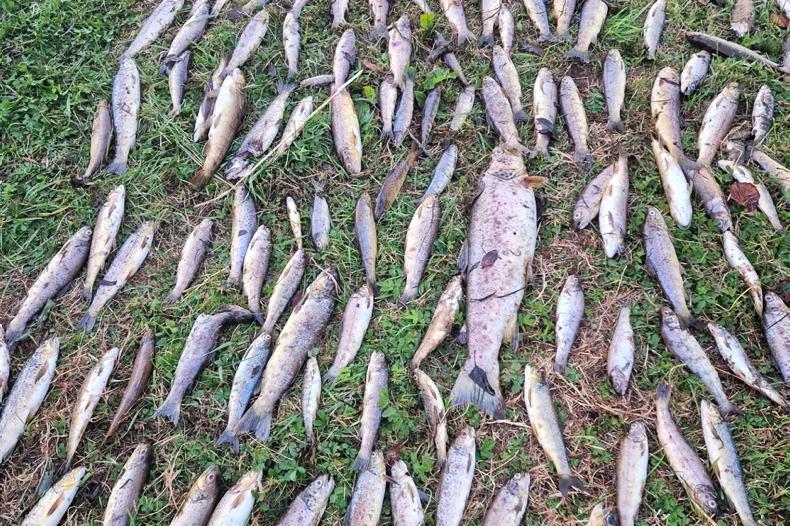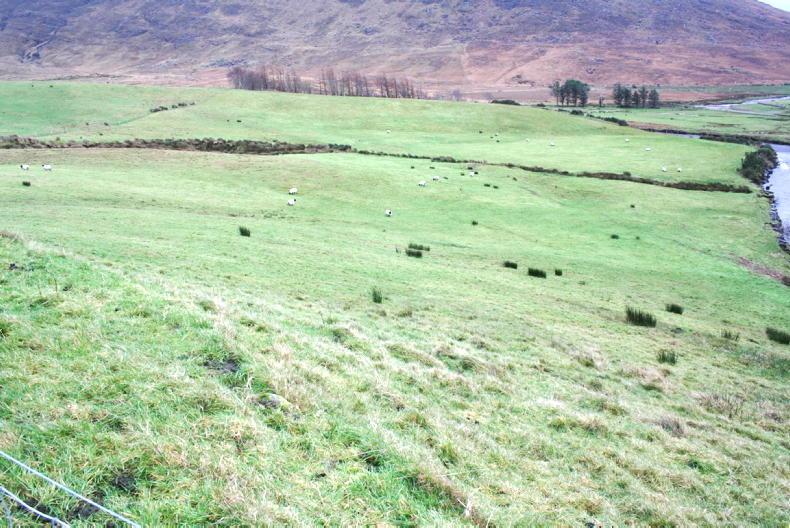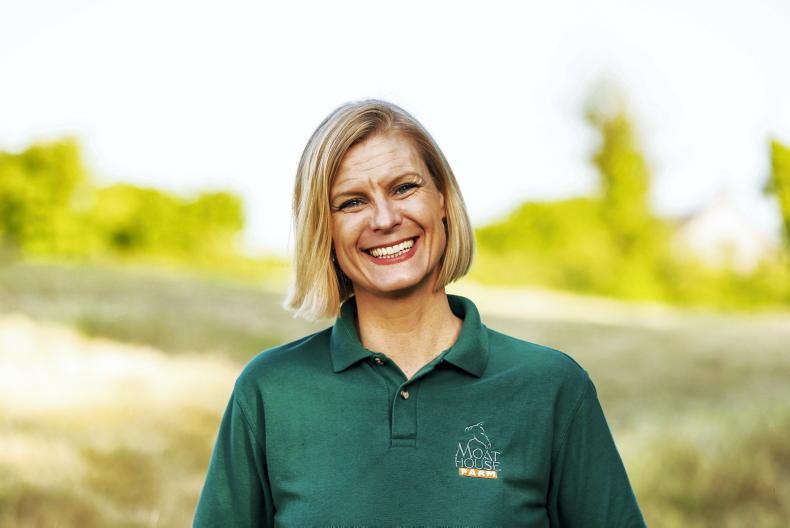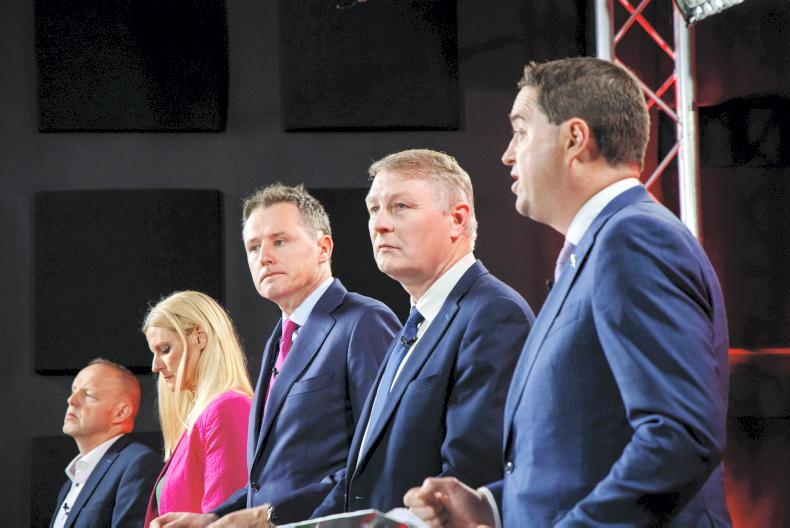Minister of State for Land Use and Biodiversity Pippa Hackett told the Seanad that part-time farmers deserve more respect and should be held in higher regard than they are.
“Some of the best farmers I know are part time. Yet the term ‘hobby farmer’ is bandied around in relation to part-time farmers like some sort of insult,” she said.
Minister Hackett added that most farmers in Ireland are in fact part time, adding that there is nothing wrong with that.
“With a levelling of EU direct payments in the form of convergence and other measures, it’s quite likely that we will see more part-time farmers in the future.
“Some bemoan that, but I believe it is something which should be welcomed, encouraged and indeed supported.”
Perhaps we shouldn’t be quite so quick to consider the drive for more and more production as an unquestionable good
By comparison, the minister questioned the regard in which “productive or commercial” farming is held and the effect it is having on the environment.
“Perhaps we shouldn’t be quite so quick to consider the drive for more and more production as an unquestionable good,” she suggested.
“Take something as basic as hedges. Data from Teagasc has indicated that a staggering 90% of hedges on intensive farms are classified as ‘low quality’ – exhibiting issues such as impoverished ground flora, low species diversity and gappiness,” she argued.
Other pressures
Minister Hackett also alluded to the other increasing pressures on these intensive farms.
“Rising energy, fertiliser and feed costs have impacted on farmers across the country.
“Our pig sector is in huge difficulty, and our grassland farmers are facing very challenging decisions in terms of fertility inputs this year,” Minister Hackett said.
Let’s start acknowledging those farmers who see themselves as true custodians of the land
Hackett also added that it shouldn’t matter whether a farmer is full time or part time, rather that they do more than produce a profit at any cost.
“Let’s start acknowledging those farmers who see themselves as true custodians of the land – as managers of enterprises, but also as caretakers who are just passing through, determined to leave to the next generation land, which has been nurtured, regenerated, and enriched,” she said.








SHARING OPTIONS